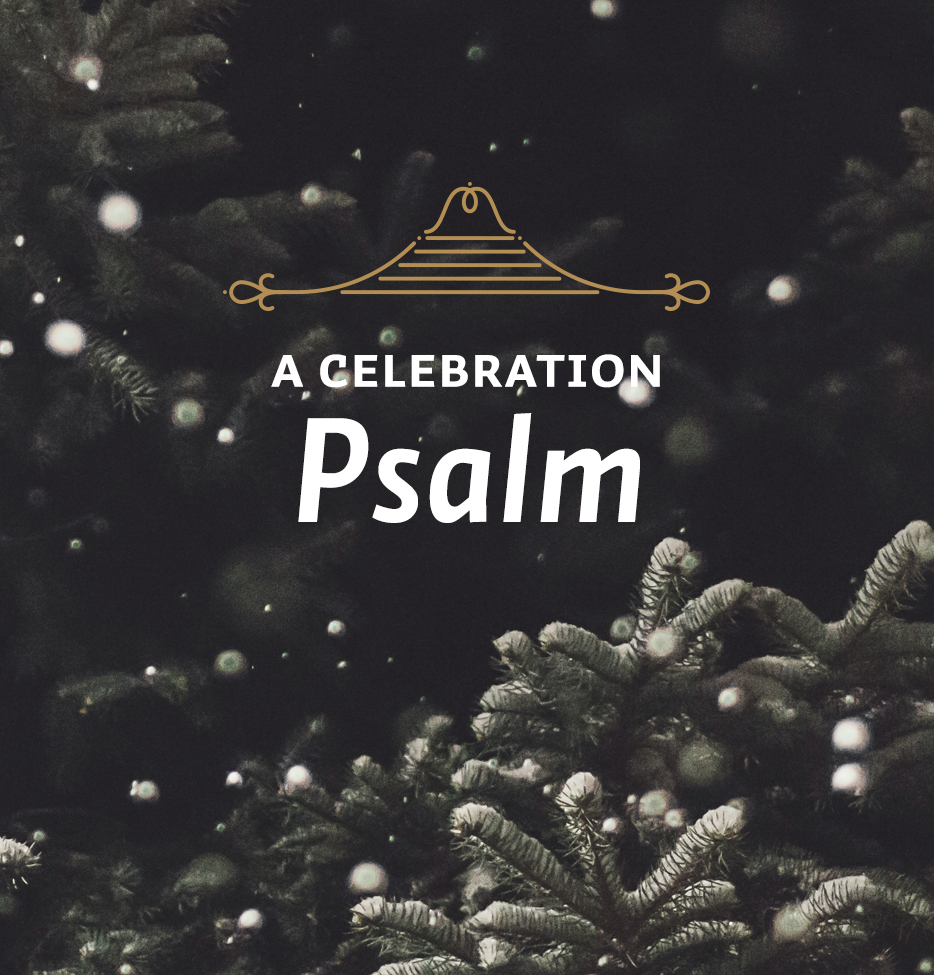In The Treasury of David, Charles Spurgeon tells of a little church in County Tyrone, Ireland, where a small ragged boy came every Sunday, placing himself in the very center of the pews opposite the pulpit. The minister often tried to speak to him after the service because he was so attentive, but the boy always slipped away quietly and the minister was never able to find out who he was. The lad was missing for some weeks, and one day a man came to the church to see the minister. He wanted him to visit his son who was dying. “I am ashamed to ask you to go so far,” he said, indicating that his home was about six miles away. “But he is an extraordinary boy, and he wants to see you. He talks about things I do not understand.”
The minister started out, trudging along the rural road in drenching rain, and at last came to the home, a poor hovel tucked into a desolate mountain valley. The man who had come for him was waiting at the door, and when the minister went in he found the boy lying in the corner on a straw mat. When he saw the minister he raised himself up, stretched out his frail little arms and cried, “His own right hand and his holy arm hath gotten him the victory” (from verse 1 of our Psalm). Shortly afterward he died.
It was that victory, the victory of Jesus Christ as Savior, that Isaac Watts was celebrating when he wrote in the second verses of his carol:
Joy to the earth! The Savior reigns:
Let men their songs employ;
While fields and floods, rocks, hills and plains
Repeat the sounding joy.
How great a victory has been achieved for us by Jesus! How great that it produces conquering faith even in a child!
The second stanza of Psalm 98 praises God as King. The first stanza praised God as Savior and called on the people of Israel to sing a new song to Him. This stanza views Him as king not only of Israel, but of all people everywhere. Therefore, it broadens its call to worship to engage the whole world in singing God’s praise.
Shout for joy to the LORD, all the earth,
burst into jubilant song with music;
make music to the LORD with the harp,
with the harp and the sound of singing,
with trumpets and the blast of the ram’s horn
shout for joy before the LORD, the King.
The most striking feature of this stanza is something we see often in the psalms, namely, the desire that the worship of God be loud. “The noise of temple worship was legendary,” according to Marvin E. Tate, who points to the accounts of Israel’s worship in 2 Chronicles 29:25-30 and Ezra 3:10-13, where in the second passage especially the sound of the instruments and the shouts of the worshiping people is said to have been “heard far away.”
Should the worship of God’s people be any less exuberant today? Should we be quiet when we have come to know Him who is the King above all kings and the Lord above all lords? We should worship quietly at times. But much of our worship, particularly the singing of hymns, should be loud. Shame on us for all lackluster worship and all half-hearted praise.
John Wesley told his followers: “Sing lustily, and with good courage. Beware of singing as if you were half dead or asleep; but lift up your voice with strength. Be no more afraid of your voice now, nor more ashamed of its being heard, than when you sang the songs of Satan.” Not all of us have good voices, but I do not think the angels find poor voices offensive when hearts are full of gratitude to God.
The second stanza of Psalm 98 is where Isaac Watts began his carol. He started by celebrating the coming of the King.
Joy to the world! The Lord is come:
Let earth receive her King;
Let every heart prepare him room,
And heaven and nature sing.
No one who understands what that is about can ever sing it sadly or softly.






